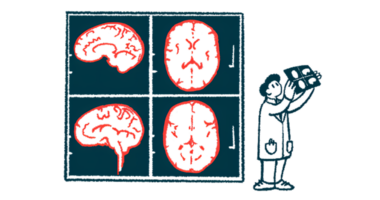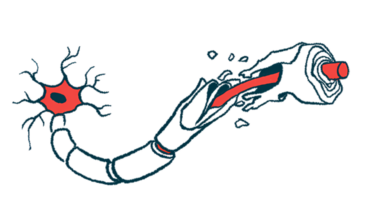MS Trial to Improve Physical Activity, Lower Fatigue via Telehealth Is Enrolling Participants

A new multiple sclerosis (MS) clinical trial being led by Case Western Reserve University investigators is now recruiting 215 individuals, across 10 U.S. states to assess whether the fatigue management and physical activity interventions often provided by rehabilitation centers can effectively be offered by telehealth, through a series of teleconferences and phone interviews.
An National MS Society research grant is supporting the work of the study’s lead investigator, Dr. Matthew Plow, the society announced in its press release.
Many people report fatigue as a main disability of MS. It can be chronic and severe, interfering with patients’ ability to maintain a job or to engage in leisure activities. Reduced physical activity, in turn, leads to a poorer physical condition and increased fatigue levels.
Dr. Plow will determine if methods of fatigue management and increasing physical activity, often conducted by on-site by medical professionals or occupational and physical therapists, can be conducted remotely. The proposed study (NCT01572714), investigators report, will be the largest randomized controlled trial to examine the effects of a lifestyle physical activity intervention in people with MS.
Participants must be ages 18 to 65, with a confirmed MS diagnosis and the ability to walk 25 feet with or without a cane. People who exercise more than 90 minutes a week, who are pregnant, who have any metabolic or cardiopulmonary disease that puts them at risk in a home exercise program, or who have had four or more falls in the past six months are not eligible to take part in the trial.
Patients will be randomly assigned to one of three activity groups, with all receiving weekly support via phone conferences: an educational program combining fatigue management with physical activity; a physical activity promotion program only, or an educational and social support group. Over the trial’s 24 weeks, changes in physical activity levels will be measured as a primary outcome, while secondary outcomes will assess fatigue levels and quality of life.
Eligible participants must live in one of the following states: Wisconsin, West Virginia, Pennsylvania, Ohio, New York, New Jersey, Michigan, Kentucky, Indiana or Illinois.
Information regarding participation criteria for this trial is available by writing to Meghan Golding at [email protected] or by calling her at 216-368-0643. More information is also available through a National MS Society brochure.
MS is an unpredictable and potentially disabling disease that affects the central nervous system (CNS) by disrupting the flow of information within the brain, and between the brain and other body regions. Symptoms can vary from numbness and tingling to paralysis or blindness. MS is generally diagnosed between 20 and 50 years of age, and women are twice as likely to develop the condition as men.






